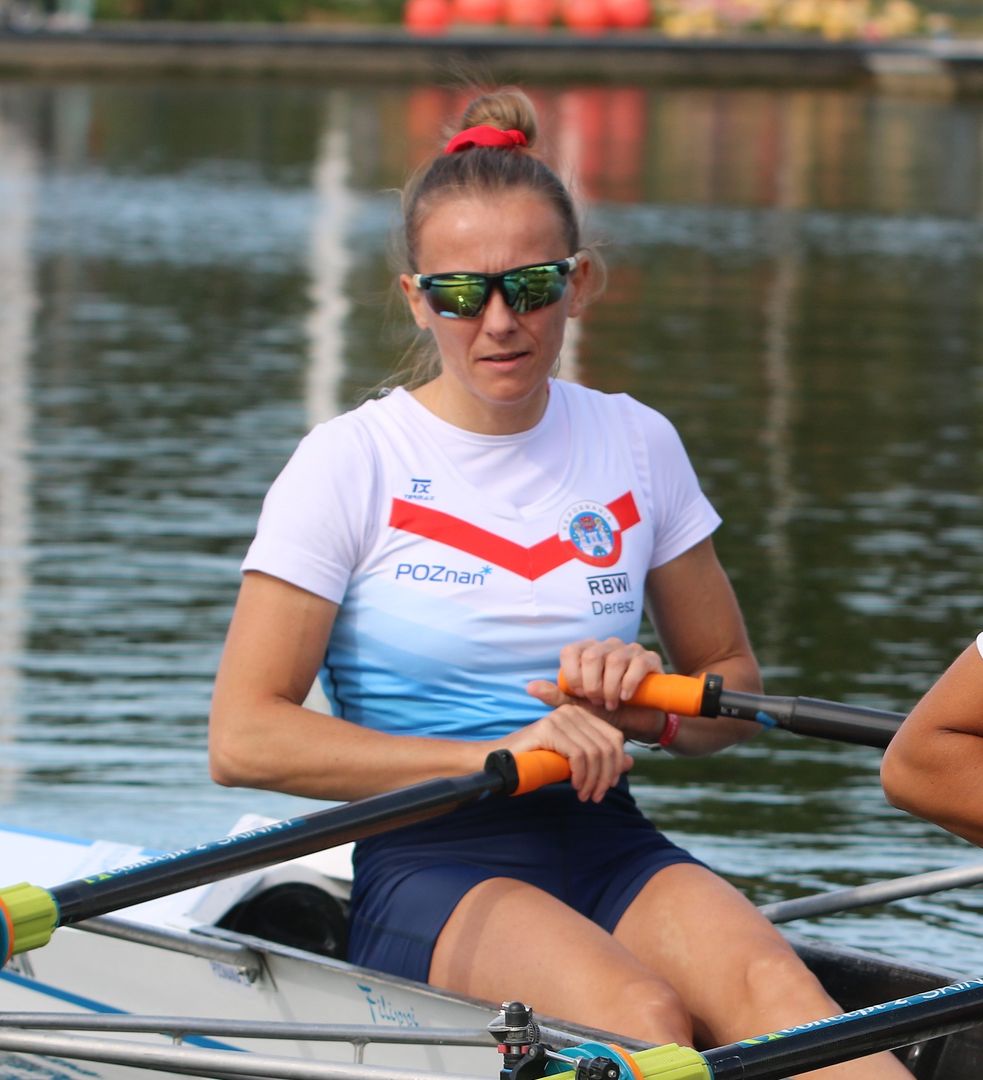Warsaw Rowing Society
6.67

Overview
The Warsaw Rowing Association (WTW), founded in 1878, is the oldest Polish sports association, which played a key role in the history of rowing in Poland. The club's sporting achievements include both successes before World War II, where 20 Polish Championship titles were won, and the continuation of traditions after the war. In the interwar period, WTW achieved international success, winning Olympic medals in Los Angeles in 1932 and accolades at the European Championships. Architecturally, the historic symbol of WTW is the building at 19 Foksal Street, erected between 1895 and 1897, which, in addition to sports functions, also served as a venue for balls and social gatherings. The rowing marina, put into use in 1929, was at that time the most modern facility of its kind in Europe, distinguished by its functionality with regattas and boatbuilding workshops. Despite war damage, WTW managed to rebuild, and in 1991 it took over the kayaking section from the Skra Warsaw club, which enriched its sports offerings. Throughout its existence, WTW has organized a variety of events, from rowing regattas to cultural events, being an important center of Warsaw's social life. A fascinating aspect is the fact that the association, at the beginning of its activity, was an elite organization, accessible mainly to wealthy men. Over the years, WTW introduced women into its ranks, with its first female members admitted only in 1936. Despite various adversities, such as destruction during World War II and later restrictions related to communist rule, WTW has continuously continued its traditions, remaining one of the leading rowing clubs in Poland. Interestingly, WTW served as a model for other Polish rowing clubs and actively participated in the creation of national sports culture through the organization of patriotic events and social activities. Today, WTW is not only a place for sports training but also an important point on Warsaw's cultural map, combining tradition with modernity.
Location
Tickets
Powered by GetYourGuide
2026 Wizytor | All Rights Reserved